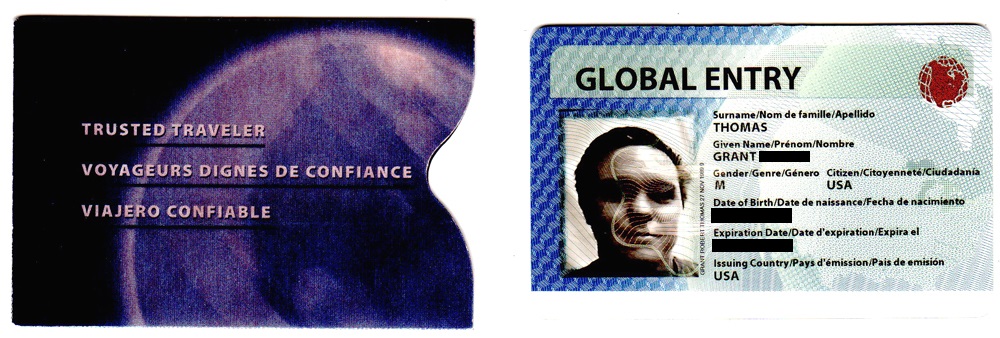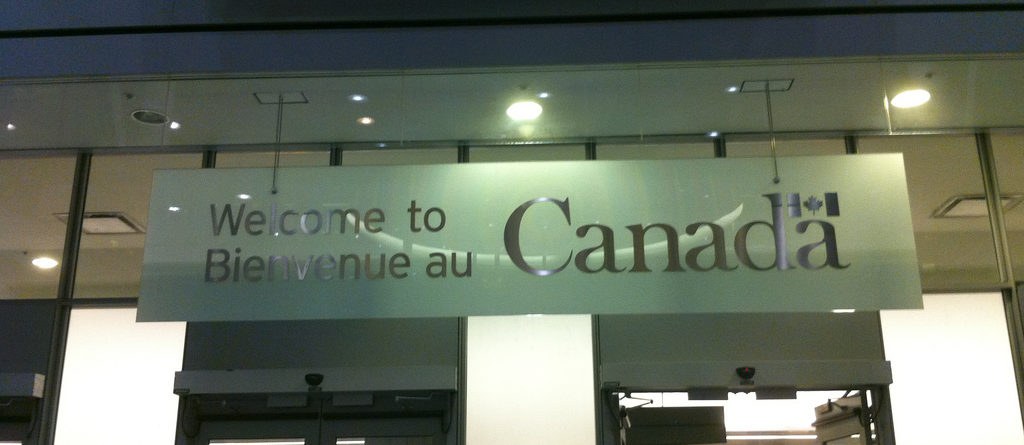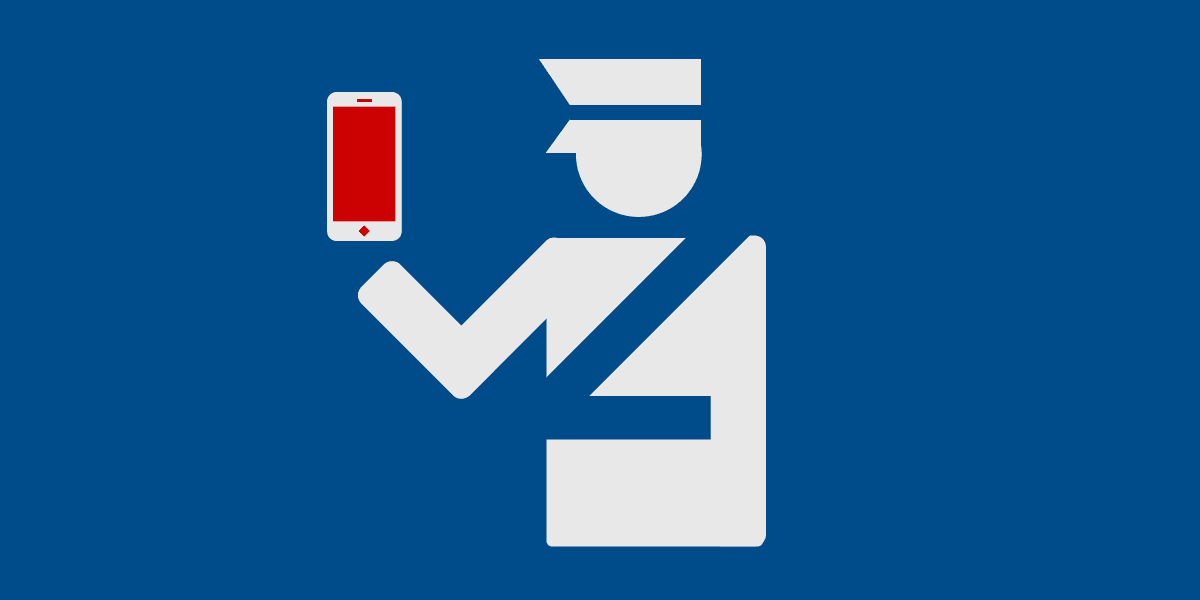Buenas dias everyone,
It’s been a rough couple of weeks for many in the United States, particularly foreign visitors and green card holders. As a US citizen living abroad with a Mexican partner, the unpredictability of recent immigration policy changes (and the actions of Customs and Border Protection (CBP) officials) plus the repeated demonization of immigrants and Mexicans is scary. Here are some thoughts I have on things to be aware of and ways to keep yourself safe.
All Travelers Entering the United States from Abroad
The American Civil Liberties Union (ACLU) has a Know Your Rights guide about encountering law enforcement at airports and other US ports of entry. The short version is this: if you’re a US citizen, you have the right to not answer questions or to speak to an attorney, but doing so will likely mean you have a bad day. Green card and visa holders may be denied entry for refusing to answer questions or comply with the requests of agents, and often do not have the right to speak to an attorney unless arrested. I am not a lawyer, but my recommendation in most cases is to answer questions truthfully and succinctly, providing only the information requested without unnecessary detail.
Get Global Entry
Participation in the Global Entry program can dramatically decrease the time spent going through immigration and customs, and makes it much less likely that you will have to have meaningful interactions with Customs and Border Protection officials. Global Entry membership is available to US citizens and green card holders, and citizens of Canada (through NEXUS), Colombia, Germany, Mexico, the Netherlands, Panama, Singapore, South Korea, and the United Kingdom. Most premium credit cards including the various flavors of American Express Platinum, Chase Sapphire Reserve, JPMorgan Chase Ritz-Carlton, and Citi Prestige will reimburse the $100 Global Entry fee, which covers five years of membership. (And if you’re already enrolled in Global Entry, remember to start the renewal process up to a year before your membership expires).

A Global Entry card like Grant’s should expedite your travel through CBP checkpoints and reduce the chances of being interrogated or detained.
Non-US Citizens Traveling to the United States
I don’t have to tell you this, but plan on potentially receiving extra scrutiny from Customs and Border Protection officials, especially if you are Muslim, Sikh, and/or from the Middle East or Africa. Carry a printed copy of your itinerary and airline tickets, and ensure that you have papers with the names, addresses, and phone numbers of contacts or relatives in the US (since CBP officials may not let you use your phone). And importantly, do not sign anything without speaking to an immigration attorney. CBP officials have pressured green card holders into signing documents “voluntarily” abandoning their permanent resident status.
Visa or Green Card Holders from Iran, Iraq, Libya, Somalia, Sudan, Syria & Yemen
The situation here is changing too fast to keep this blog post updated. As of this writing, the executive order is suspended, and the administration has said that even if it is reinstated it will not apply to green card holders. Expect scrutiny and harassment at the airport, and if you’re a visa holder abroad, I highly recommend returning to the US and planning to stay here indefinitely. Check with organizations like the National Immigration Law Center for updates and advice, and speak to an immigration lawyer.
US Citizen in a Relationship with a Non-US Citizen or a US Citizen Living Abroad
Have a plan in place for becoming reunited and taking care of your affairs in case there is a sudden shift in immigration policy. Immigration policy tends to be a two-way street, and sudden action by the United States may result in a response that makes it difficult for either of you to enter each other’s countries.
- Determine a third country that you can both easily access, ensure that you have all of the necessary travel documents to enter that country, and develop at least a rudimentary plan for where to stay and how to support yourself.
- Talk with your employer about options for working remotely.
- If you have children, make sure you have some people who could provide childcare support if one of you were unable to return home.
- Give one or more trusted friends keys to your house in case you are away for longer than expected, especially if you have pets.

Canada is my backup plan if US-Mexico immigration becomes complicated, since my partner has a Canadian visa and I have a US passport and a NEXUS card. Photo by Cohen.Canada on Flickr.
Immigration Officials May Ask to Search your Electronic Devices or Social Media Accounts
US courts have ruled that border agents have a wide authority to search electronic devices at the border, including those belonging to US citizens and legal permanent residents. According to the ACLU, US citizens can decline to provide passwords, but this may lead to delays and device seizure for inspection; green card and visa holders may be denied entry for refusing to provide these details. The Electronic Freedom Foundation (EFF) has some detailed recommendations regarding electronic devices,

CBP officials may ask you to provide access to electronic devices or social media accounts. Image from eff.org
At the end of the Obama administration, the Department of Homeland Security began asking participants in the Visa Waiver Program to voluntarily provide their social media handles, and these details have been demanded of some travelers (US and foreign) seeking entry to the US. If border officials ask or demand that you provide passwords or social media handles, or search your electronic devices, EFF wants to know about it – especially if you are a US citizen or green card holder.
Harassment or Discrimination when Entering the United States
Consider speaking with an attorney, or reaching out to a civil rights organization like the American Civil Liberties Union or the Council on American-Islamic Relations. The Department of Homeland Security has a CBP complaint form as well as a unified redress system called TRIP for collecting and eventually responding to complaints and concerns about treatment at border crossings or terrorism watchlists / “no-fly” lists.
Other Resources
- Administrative Relief Resource Center (DACA/DAPA)
- American Civil Liberties Union
- American Immigration Lawyers Association
- Council on American-Islamic Relations
- Electronic Frontier Foundation
- Families for Freedom
- Immigrant Defense Project
- Legal Aid Society
- National Immigration Law Center
- “Oh Crap! What Now?” Survival Guide
Do you have any additional suggestions or recommendations? Have you had issues entering the United States? Let us know in the comments.



I guess the question I have to ask is if your a US Citizen and not doing anything illegal why would you have any issues other than being questioned? Seems like you would have little to hide. If your trying to go into the USA illegally then I guess you should be worried.
What is scary that illegals and terrorists are getting in our country.
I do not understand why every us citizen is not concerned by the large number of visas being given to these 6 failed states and 1 state that sponsors terrorism. Remember “death to America”.
I totally agree with both comments.
Sad situation for Sikhs. Their people fought the Muslims for freedom to practice their own religion, and here they are hundreds of years later being accused of being Muslim. How unfortunate.